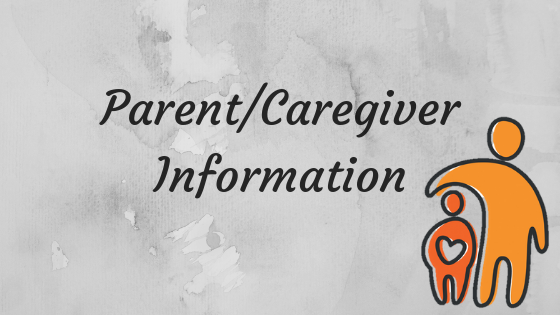We have been informed that two of our students in different learning areas have contracted Chicken Pox. We have outlined below some general guidelines for your information. Chicken pox is a viral infection caused by the varicella-zoster virus
Symptoms include fever and “cold-like” symptoms followed by a rash. The rash appeared blisters which crust to form scabs to form scabs. The rash is more noticeable on the trunk than on the limbs and may affect the scalp and the inside of the mouth, nose and throat. The rash is usually itchy.
Incubation period (time between becoming infected and developing symptoms) is two – three weeks, commonly thirteen – seventeen days.
Infectious period (time during which an infected person can infect others) is from two days before the rash appears (during coughing, runny nose stage) until 5 days after the appearance of the first blister
Control of spread
- exclude person with chickenpox until fully recovered or for at least five days after the rash first appears. Note that some remaining scabs are not a reason for continued exclusion
- any child with an immune deficiency (eg leukaemia) or receiving chemotherapy should be excluded from contact with a case of chicken pox or shingles for their own protection
- wash hands after contact with soiled articles (tissues, etc) Dispose of tissues appropriately
- persons with shingles should cover the moist shingles rash with a dry bandage to ensure that others are not exposed
Treatment
- specific antiviral treatment for both chicken pox and shingles is available
- medical advice should be sought if:
- a child or adult with chicken pox has a high fever, cough, shortness of breath or chest pain
- a pregnant woman has chicken pox
- a person over 50 years of age has shingles

